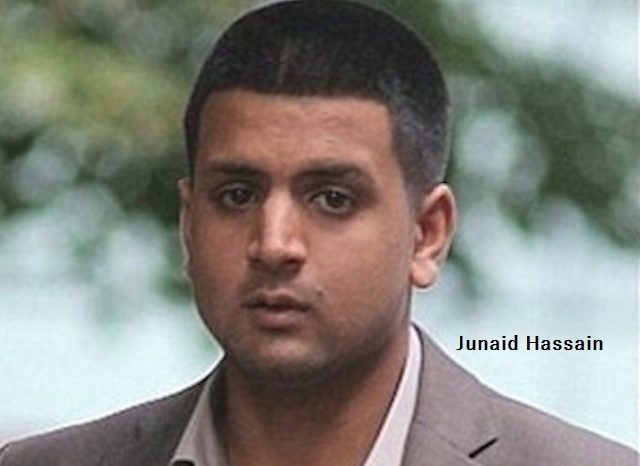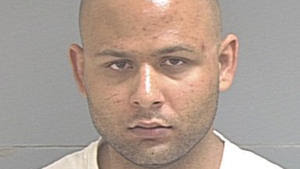Tom Wilson, Resident Associate Fellow at the Centre for the New Middle East, writing in The Journal for International Security Affairs, outlines the key geopolitical challenges facing Israel.
In a region convulsed by the turmoil of civil wars, revolutions, and insurgencies, Israel stands out as an island of relative stability, one that has successfully weathered the multiple storms of the Islamist winter that abruptly followed the so-called “Arab Spring.” Yet in the summer of 2014, the calm in Israel was shattered by rockets, terrorists emerging from tunnels, and amphibious attacks along the country’s shoreline. The abrupt intrusion of terrorism back into Israeli domestic life—with all of the country’s major cities within reach of missiles fired by the Hamas terrorist group—was reminiscent of the second intifada, when suicide bombers from Hamas and other extremist factions entered Israel’s busy city centers and transformed them into war zones, paralyzing daily life.
During the height of the summer 2014 Gaza War, Israeli Prime Minister Benjamin Netanyahu commented that Israel could not afford to give up control of the West Bank and risk the creation of “another 20 Gazas” there.(1) That remark resonated particularly strongly with many Israelis, not least because it came just months after a failed American-led effort to push for a peace agreement with the Palestinians—one that would have obliged Israel pull out of the vast majority of the West Bank. And whereas Netanyahu’s statement about the potential horrors of Palestinian terrorism appears to have been received approvingly by many in Israel, Secretary of State John Kerry’s peace-making efforts enjoyed far less popularity. Indeed, many sections of Israeli society came to resent the Obama administration’s focus on promoting a peace agreement, as did some in Israel’s political establishment.
That they did speaks volumes about just how much Washington’s diplomats, like their counterparts in Europe, have fundamentally failed to appreciate the changes that have taken place in Israel’s calculus of risk over the preceding decade. Furthermore, they have failed to view Israel’s predicament in its full regional context.
Rather, ever since Barack Obama took office, his administration has pressed unrelentingly for reconciliation between the Israelis and Palestinians. It has done so, moreover, as if the parties in question were still operating in the relative stability of the Middle East of the 1990s. Thus, Kerry’s approach is reminiscent of the Clinton administration’s hammering out of the Oslo Accords with Yitzhak Rabin and Shimon Peres, and its subsequent full-court press for a final agreement at Camp David between Prime Minister Ehud Barak and Palestinian Authority Chairman Yasser Arafat. But while it is true that the current Palestinian president, Mahmoud Abbas, is a somewhat more preferable negotiating partner to Arafat, the similarities end there; the political landscape for a peace agreement today is more inhospitable than ever before.
This is so for two reasons. The first relates to the changing regional circumstances now confronting Israel. The second is tied to the fundamental transformation that has taken place in Palestinian society and politics.
Region on fire
Half-a-decade into the “Arab Spring,” Israel faces numerous Islamist militant groups on its borders, from Hezbollah in southern Lebanon and Jabhat al-Nusra in Syria to Hamas in Gaza and al-Qaeda and Islamic State-aligned factions in the Sinai. The emergence of each of these groups has transformed Israel’s security outlook and diminished hopes for securing a durable peace. Rather than an environment ripe for a modus vivendiwith essentially pragmatic neighboring states, Israel now faces jihadist non-state actors, most of which are locked in power struggles with other militants as well as with the nation-states whose territory they now operate from.
The spread of this regional turmoil has had a mixed impact on the Israeli-Palestinian situation. To some extent, the conflicts in Syria, Iraq and Yemen have made the mostly-cold confrontation between Israel and the Palestinians appear far less pressing and far less relevant. Whereas once the words “Middle East conflict” were shorthand for referring to the dispute between Israel and its Arab neighbours, now this expression is more likely to refer to the struggle between Sunni and Shi’a extremists, backed by the Gulf States and Iran, respectively.
It is particularly significant that many of these militant groups are now operating from territories that Israeli security forces have previously withdrawn from (the Sinai, Southern Lebanon, and Gaza) or are directly adjacent to strategically important territories that Israel has previously considered giving up (e.g., the Golan Heights and the Jordan Valley). This naturally has had a considerable impact on Israel’s current willingness to make territorial concessions in return for peace agreements or international good will. From a strategic point of view, such moves have ultimately amounted to creating power vacuums that have eventually been filled by militants, so effectively moving a range of security threats ever closer to Israel’s civilian population centers and core national infrastructure.
Take Hezbollah, Iran’s most significant terrorist proxy. The Shi’ite militia represents one of the most formidable fighting forces in the Middle East, and is one of the greatest security challenges facing the Jewish state. Hezbollah and the Israeli military engaged in a deadly clash in 2006, one in which Israel’s military failed to strike a truly decisive blow against the Shi’a militants. Since then, Hezbollah is understood to have dramatically increased its military capabilities, and even with Israel’s Iron Dome and David’s Sling air defense systems operational, it is likely that Hezbollah could still inflict considerable damage in the event of a future conflict, since most of Israel’s territory is now well within Hezbollah’s reach.
The other major threat to Israel’s north has been the unfolding crisis in Syria. Stray projectiles from the fighting have impacted the Israeli-controlled parts of the Golan on numerous occasions, but it is the advance of Islamist groups close to the Syrian border that has caused the most alarm in Israel. For the moment, militants have been too absorbed with the fighting in Syria to direct their attention toward Israel. Nevertheless, the threat from chemical weapons and other capabilities falling into the hands of such groups must be taken seriously. Given that less than a decade ago, the Israeli government had contemplated a withdrawal from the Golan Heights—a territory that borders the Galilee, one of Israel’s most vital fresh water sources—these developments have done nothing to win public support for the notion of making further territorial concessions for peace. To the contrary, they have demonstrated that while Israel might hand territory into the possession of one regime, there is no guarantee that that territory will remain secure, or that the regime in question will survive long after the signing of any such peace treaty.
That, in part, has been the Israeli experience in the Sinai as well. True, Egypt’s short-lived Muslim Brotherhood government never officially revoked the peace treaty between the two countries, as many feared would happen after the overthrow of Hosni Mubarak in 2011. Yet in Egypt—as in Lebanon and Syria—the threat to Israel has not come from the state itself, but rather from the weakness of those states and the prevalence of terrorist non-state actors moving into the resulting ungoverned and under-governed territory. Today, groups loyal to both al-Qaeda and the Islamic State continue to operate in the Sinai Peninsula. And while Israel has now constructed a security barrier along its Egyptian border, and jihadists there are currently occupied with battling Egypt’s military, the lawless nature of the peninsula represents a major security concern, among other things because of the way in which the Sinai has served as the primary channel through which weapons and weapons-related matériel have reached the Gaza Strip.
The one border from which Israel currently faces the least significant threat is the Jordanian one. Like other monarchies in the region, the Hashemite Kingdom has so far survived the ripple effects of the “Arab Spring” uprisings—but this may not remain the case indefinitely. The growing popularity of Salafism in Jordan(2) may well come to undermine stability in Jordan, creating a scenario that would almost certainly jeopardize Israel’s security. Although it has been the case that some Jordanian Salafists have been drawn away from that country to join the fighting in Syria, it is also true that Jordan’s proximity to both Iraq and Syria places it in a particularly fragile situation. Furthermore, the significant influx of refugees into Jordan from those conflicts may well have brought other extremists into the country. The resulting concerns about Jordan’s long-term future have contributed to Israel’s insistence that the Jordan Valley must remain its most eastern border, or at the very least that the Israeli military must be allowed to maintain a presence there.
The Islamization of Palestinian politics
Ever since the establishment of Hamas (The Islamic Resistance Movement) in 1987 at the outset of the first intifada, Islamist jihadist groups have played an increasingly prominent part in Palestinian political life in general, and in particular as part of the Palestinian clash with Israel. Hamas had, of course, grown out of the Muslim Brotherhood, which was operating in the area even during the days of the British Mandate in Palestine.(3) The group’s founder, Sheikh Ahmed Yassin, had led the Muslim Brotherhood in Gaza since 1968, but Islamists had always played a minor role in Palestinian terrorist activities compared to the secular and Marxist guerrilla groups as represented by the PLO.
The past two decades, however, have seen a veritable explosion of Islamist politics in the Palestinian Territories. Drawing from the lessons of Hamas, Palestinian militants began to adopt the tactic of suicide bombing as a preferred method of attack. As they did, other Islamist groups (such as the smaller Palestinian Islamic Jihad) became increasingly prominent across the West Bank and Gaza Strip. And, beginning in the mid-2000s, Salafist- and al-Qaeda-aligned groups began to proliferate in Gaza. Among them were small groups, such as Jaish al-Islam (Army of Islam), Jaish al-Umma (Army of the Nation), and Fatah al-Islam (Islamic Conquest), all of whom began to make their presence felt in the Gaza Strip. (4)
The Islamist politics of the Gaza Strip have been far from harmonious. These factions were always fiercely critical of Hamas’s failure to fully implement Islamic law, in particular following the group’s takeover of the Strip in 2007, and have opposed the temporary cease-fires Hamas has agreed to with Israel from time to time. But while these groups certainly attracted some disaffected Hamas operatives,(5) they did not appear to represent an immediate challenge to Hamas rule—at least for a time. More recently, however, some of these factions have sworn loyalty to the Islamic State, and clashes have broken out between them and Hamas, which has found itself in the position of needing to eliminate more extreme Islamist elements to maintain its hold on power. At the same time, Fatah has been locked in a long-running struggle to prevent a takeover by Hamas Islamists in the West Bank, where it holds sway.
The heavy involvement of Islamists in the terror attacks of the second intifada was certainly an indication that radical Islam was playing an increasingly decisive role in the Israeli-Palestinian conflict. Nevertheless, few at that time predicted that Hamas would win a decisive victory when elections were held for the Palestinian national assembly in 2006. The group’s subsequent seizure of power in Gaza by force in 2007, and the ousting of Fatah there, further cemented the process of radicalization sweeping Palestinian society.
Indications of what was happening should already have been apparent from the results of two surveys conducted in the mid-2000s. A 2004 survey by the Jordanian Center for Strategic Studies found support for al-Qaeda to be noticeably higher among Palestinians than in neighboring Arab countries, with 70 percent describing al-Qaeda as a resistance movement as opposed to a terrorist organization.(6) Similarly, a 2005 survey by the Norwegian group Fafo found 65 percent of Palestinians questioned supported al-Qaeda attacks against the West, and in Gaza that figure rose to 79 percent.(7) European observers living in Palestinian society at the time noted this trend of popular extremism, with one European diplomat stating that Palestinian society was undergoing “an accelerated process of broad Islamization and radicalization.”(8)
While the Palestinian Authority had itself noted the presence of Salafist evangelist preachers operating in the West Bank,(9) Palestinian sympathies for violent extremism had still tended to be expressed as support for nationalistic Islamist groups such as Hamas and the Islamic Jihad. Indeed, by many estimations Hamas would have a strong chance of winning West Bank elections were they to be held again today. Although certain West Bank cities such as Ramallah, Bethlehem and Jericho have remained quite firmly under the control of Mahmoud Abbas’s Palestinian Authority, there are other localities where Fatah has been severely weakened.
Abbas’s approval rating had clearly plummeted by the time of the summer 2014 war in Gaza. An indication of where the sympathies of West Bank Palestinians lay came shortly before major hostilities erupted. At the time, Israel’s security forces had undertaken a military operation to rescue three Israeli teenagers kidnapped by a Hamas cell based in Hebron in the southern West Bank. During that eleven-day operation, Israeli forces arrested some 350 militants, including almost all of Hamas’s leadership in the West Bank. But while this operation received the backing of the Palestinian Authority and the cooperation of its security forces, widespread anger erupted into several nights of anti-Fatah rioting in Ramallah.
The Gaza conflict in the summer of 2014 appeared to give Hamas a significant boost with the Palestinian public, with many believing that the organization was doing far more than Fatah to lead “resistance” against Israel. Polling shortly after the war revealed that support for Hamas had doubled among West Bank Palestinians, rising from 23 percent in March to 46 percent in September.(10) There are other indications to suggest that the pro-Hamas feelings that arose during last summer’s war have not dissipated. Student elections across West Bank universities in the spring of 2015 witnessed a surge of support for Hamas and the Islamist bloc, with the two being tied at the Palestinian Polytechnic University in Hebron, while the Islamic bloc won outright at Birzeit University.(11)
What Israel is now watching for are signs of whether or not sympathies for the Islamic State and its ideology are increasing among Palestinians. Unlike in Gaza, the security presence of the Israeli military throughout the West Bank will go some way to ensuring that IS militants are unable to establish fully operational cells in the West Bank. Nevertheless, there have been early indications of pockets of support for IS among West Bank Palestinians. Israel’s intelligence services have already warned of a process of militants defecting from existing terror groups, primarily Hamas and Islamic Jihad, and swearing allegiance to IS.
This process may have been underway for some time now. At the time of Hamas’ kidnapping of the three Israeli teenagers in June 2014, a previously unknown group claiming to be aligned with IS attempted to take responsibility for that action. And during the Gaza war that followed, the Islamic State’s media wing, al-Battar, released a series of images depicting the Dome of the Rock and threatening Israel’s Jews that the Islamic State was coming for them, and in August images appeared online showing an individual displaying the group’s flag on the Temple Mount in Jerusalem.
In Gaza, the process of extremists shifting their allegiances to the Islamic State is far more advanced than in the West Bank. This is partly because in recent years violent Salafist groups have already been able to establish a foothold in Gaza, with some groups such as Suyuf al-Haq (Swords of Righteousness) launching IS-styled attacks against institutions and individuals accused of spreading Western influence. It had also become increasingly apparent that the military wing of The Popular Resistance Committees (Al-Nasser Salah al-Deen Brigades), the third-largest military group in Gaza, was displaying signs of radicalization, placing it further to the extreme than either Hamas or Islamic Jihad. It is out of this milieu that support for the Islamic State appears to have arisen.
Early indications of the growing support for IS in Gaza began to emerge in the fall of 2014. At that time, a group calling itself “ISIS-Gaza Province” began to establish an online presence, with a video appearing on YouTube showing a group of armed militants claiming to be the Islamic State in Gaza, complete with IS flag. Indeed, by late 2014 ISIS flags had become an increasingly common sight in Gaza, with eyewitnesses reporting their appearance everywhere from football stadiums to car windshields to wedding invitations. On November 3rd, the Shura council of Ansar Bayt al-Maqdis in the Sinai, as well as the group’s leader, Abu Khattab, formally pledged loyalty to the Islamic State. This was a telling indication that not only individuals but also entire Salafist factions are defecting to IS—a trend that Israel will need to grapple with in the not-so-distant future.
Mind the gap
As the surrounding Middle East increasingly descends into turmoil, Israel for the most part has managed to maintain relative calm and stability over the territory under its control. This stability is not a naturally occurring state of affairs, but rather the result of the extensive efforts of Israel’s security forces to keep a multitude of surrounding threats at bay. Almost all of these threats stem in one way or another from violent Islamism, which refuses to be appeased by any number of Israeli concessions.
International policymakers, however, do not appear to have adjusted to this new reality. The failing has been particularly noticeable in the policies of the Obama administration, whose representatives still seem to regard the Israeli-Palestinian dispute as one of the most pressing and problematic concerns in the region. In the early 2000s, at the height of the second intifada and prior to the second Gulf War, this may indeed have been true. Today, it is not. Yet American and European leaders continue to push for drastic changes in the current status quo, even at a time when much of the rest of the region is already in a state of extreme and unpredictable flux.
They are bound to be disappointed. Israel will naturally be reluctant to make any significant concessions while the surrounding region remains so unpredictable. It knows that the security and stability it enjoys has been hard fought and remains fragile. Under the present circumstances, a dramatic change in the existing status quo could begin a chain of events that would plunge Israel into one of the deepest security crises of its history, making it once again one of the region’s major flashpoints.
It is a reality that Israeli policymakers—and the Israeli public at large—understand well, even if officials in the West do not.
Tom Wilson is a Middle East analyst and a Resident Associate Fellow at the Henry Jackson Society in London.
1. “Netanyahu: Gaza Conflict Proves Israel Can’t Relinquish Control of West Bank,” Times of Israel, July 11, 2014, http://www.timesofisrael.com/netanyahu-gaza-conflict-proves-israel-cant-….
2. See, for example, David Schenker, “Salafi Jihadists on the Rise in Jordan,” Washington Institute for Near East Policy, PolicyWatch no. 2248, May 5, 2014, http://www.washingtoninstitute.org/policy-analysis/view/salafi-jihadists….
3. Jonathan Schanzer, Hamas vs. Fatah: The Struggle for Palestine (New York: Palgrave Macmillan, 2010), 24.
4. Jonathan Schanzer and Mark Dubowitz, Palestinian Pulse: What Policymakers Can Learn from Palestinian Social Media (Washington, DC: Foundation for Defense of Democracies, 2010), http://www.defenddemocracy.org/content/uploads/documents/Palestinian_Pul….
5. Yoram Cohen and Matthew Levitt, with Becca Wasser, “Deterred but Determined: Salafi-Jihadi Groups in the Palestinian Arena,” Washington Institute for Near East Policy, Policy Focus no. 99, January 2010, http://www.washingtoninstitute.org/uploads/Documents/pubs/PolicyFocus%20….
6. “Revisiting the Arab Street: Research from Within,” Center for Strategic Studies, University of Jordan, February 2005, http://www.mafhoum.com/press7/revisit-exec.pdf.
7. Gro Hasselknippe, “Palestinian Opinions on Peace and Conflict, Internal Affairs and Parliament Elections 2006,” Fafo Paper 2006:09, 2006, http://almashriq.hiof.no/general/300/320/327/fafo/reports/797.pdf
8. As cited in Cohen and Levitt, “Deterred but Determined.”
9. Ibid.
10. “We’re Back; Hamas in the West Bank,” The Economist, September 3, 2014, http://www.economist.com/blogs/pomegranate/2014/09/hamas-west-bank.
11. Adnan Abu Amer, “Hamas Sweeps Student Council Elections in the West Bank,” Al-
Monitor, April 28, 2015, http://www.al-monitor.com/pulse/originals/2015/04/hamas-victory-student-….
EDITORS NOTE: This column originally appeared in Journal for International Security Affairs.

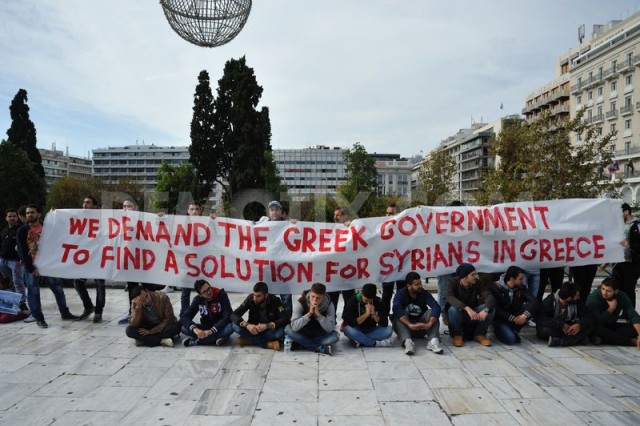
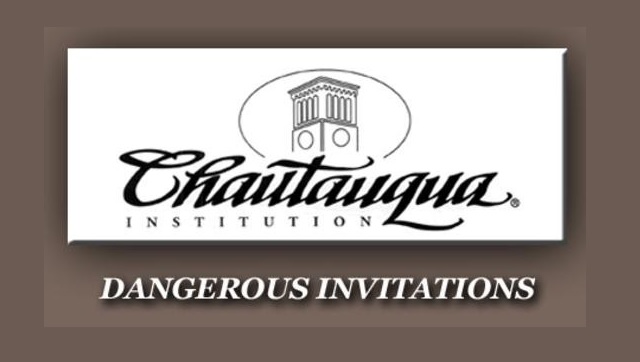
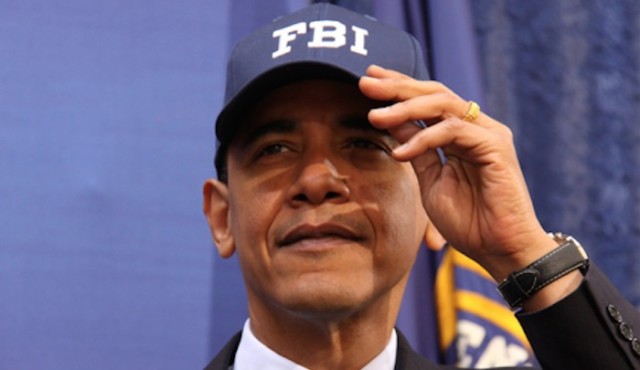
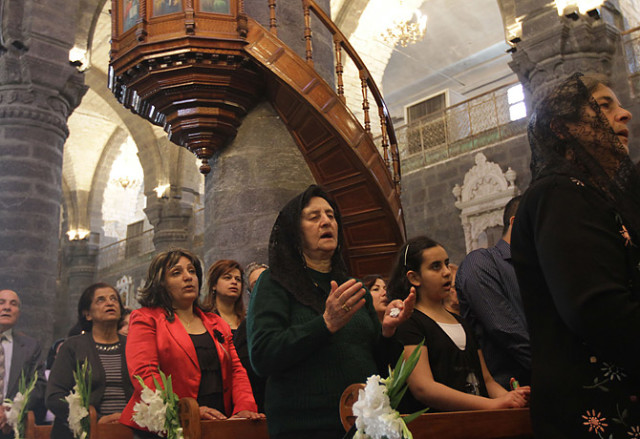
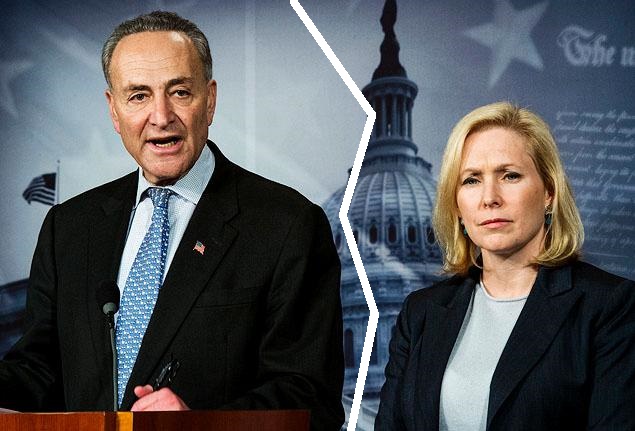
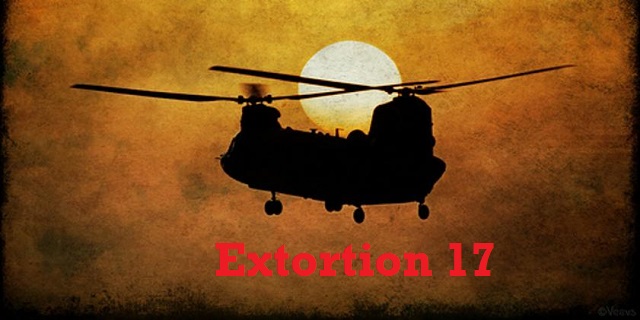
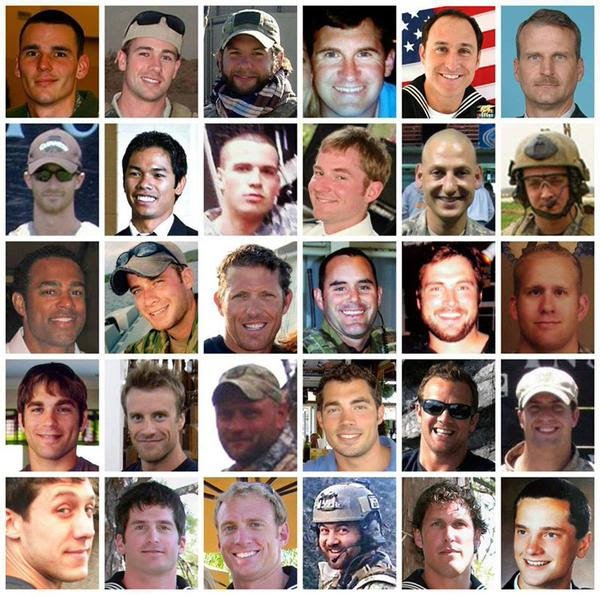

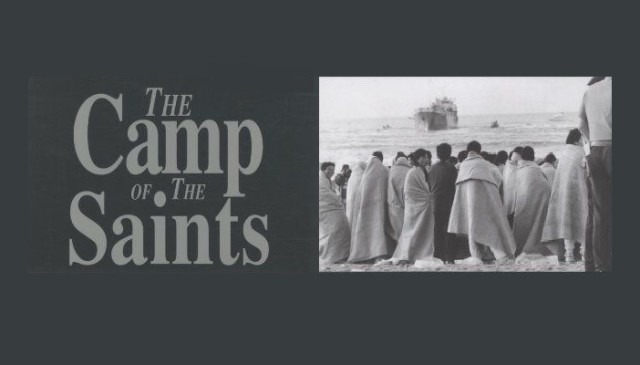

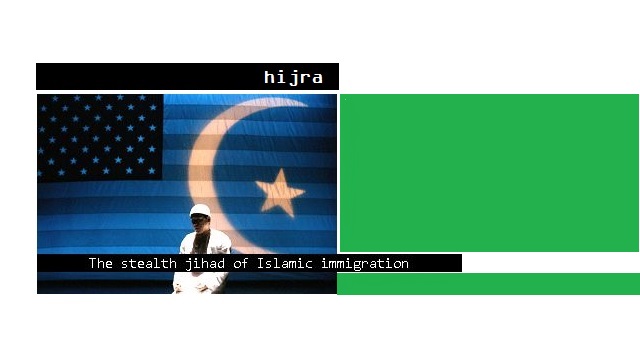
















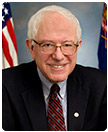




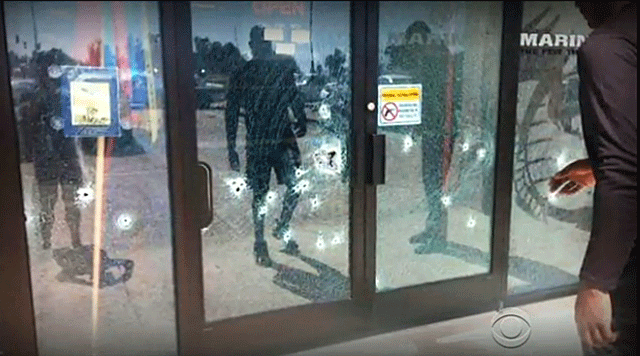
 Tarek Fatah, is a Canadian writer, broadcaster and anti-Islamist Muslim activist. He is the author of
Tarek Fatah, is a Canadian writer, broadcaster and anti-Islamist Muslim activist. He is the author of 